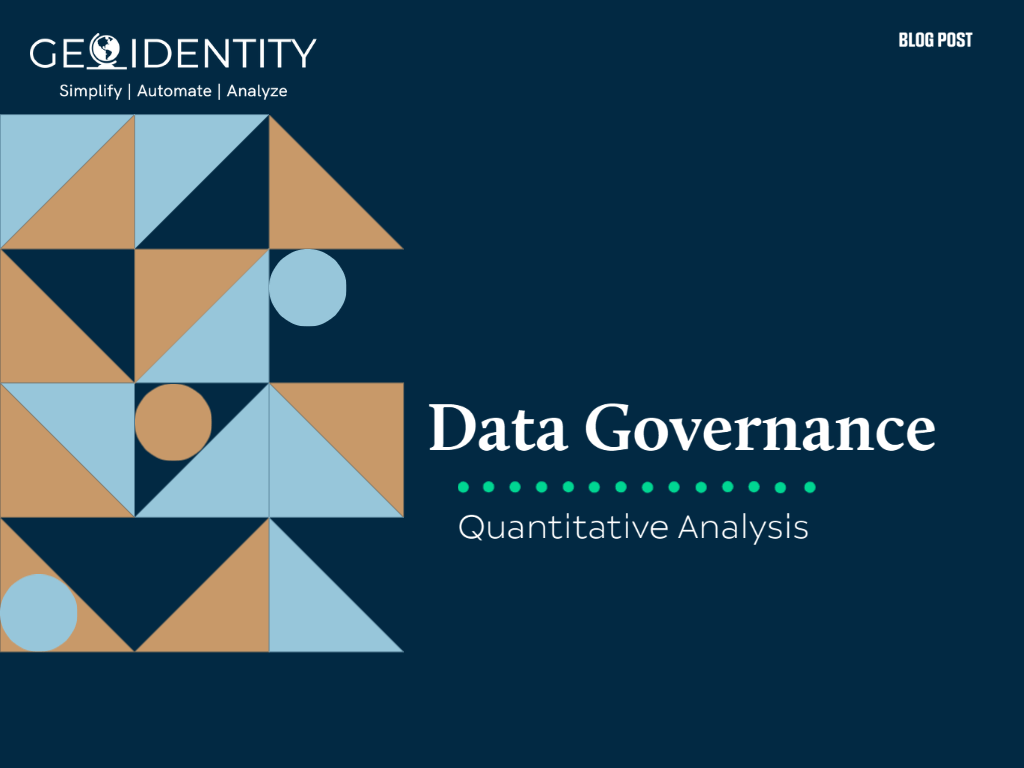Information is the single most valuable asset an organization has as it provides insight into internal operations, trends in performance, and a path to reaching an organization’s goals. The quality and reliability of an organization’s information are, therefore, of paramount importance. Information that is accurate, reliable, and available for use provides decision-makers with the input they need to make better, faster decisions and front-line workers with the information they need to do their job. The better a company manages its information, the better it will perform.
That’s where Data Governance comes in. Data Governance can be defined as an organizational approach to data and information management that is formalized as a set of policies and procedures that encompass the full life cycle of data, from acquisition to use to disposal. Data Governance is the exercise of authority and control over the management of data assets. It encompasses the people, processes, and information technology required to create consistent and proper handling of an organization’s data across the business enterprise. Data Governance involves the formal orchestration of people, processes, and technology enabling organizations to leverage data as an enterprise asset. A system of decision rights and accountabilities for information-related processes, executed based on agreed-upon models which describes who can take what actions with what information and when, under what circumstances, using what methods.
Establishing data governance is a critical task and requires defining the organizational vision, policies, and practices, identifying and getting buy-in from stakeholders to implement the program, and monitoring its success.
GeoIdentity worked with a non-profit organization to assess their data governance capabilities and capacity, develop a future-state vision, and roadmap to success. GeoIdentity first partnered with the client to develop a Data Governance Council made up of critical client leadership across the organization’s lines of business (HR, Finance, Operations, etc.). The Council served as a critical tool to establish the vision for the Data Governance Program, manage internal change management, and help drive progress toward the Program milestones. The project resulted in the successful development of critical Data Governance planning documentation that was subsequently used to implement a robust Data Governance Program across the organization. GeoIdentity currently provides ongoing support as the client incrementally improves its Data Governance each year.



